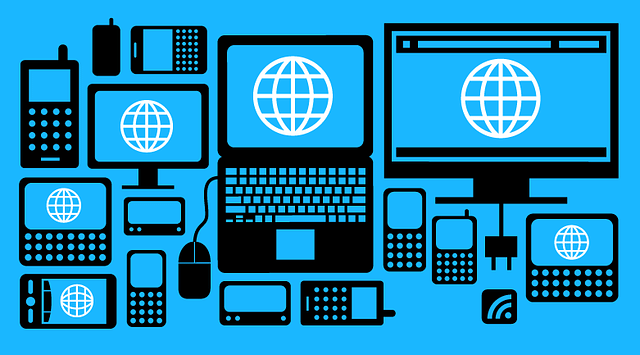
"Net Neutrality" Is Key For #StartupIndia And #DigitalIndia
Internet service providers cannot discriminate on the basis of access, speed, costs and content, writes Arvind Gupta
The #StartupIndia programme launched by PM Narendra Modi, much to the delight of entrepreneurs based in India, unleashes the innovation potential of India. It helps them compete with the best in the world, and sell globally. This, combined with the #DigitalIndia programme, has the power to invert the pyramid and democratize the quest for information, which the Narendra Modi-led government believes is equal to all Indians. It’s about using technology and innovation to solve many of India’s societal problems, in areas of education, healthcare, agriculture, financial inclusion, and cyber security, among others.
“Net Neutrality” is an integral lever in making this digital inclusion a reality. It is a complex issue with technical, economic and policy implications and one needs to take a holistic and practical view depending on our country’s priorities. India’s ICT developmental status and socio-demographics are uniquely different to those of the developed nations, and it would be unfair to compare them. How India approaches Net Neutrality is being watched keenly across the world by countries that are yet to finalise their position.
Given that most democracies across the world are becoming #DigitalDemocracies, it comes as little surprise that the very same folks who were once talking about pre-censorship of social media are now forced to talk about Net Neutrality.
What is “Net Neutrality”? For a layman’s understanding, it’s akin to buying units of electricity for your home and then using it for running refrigerators, mixers, bulbs or air coolers. The electricity company does not specify the end usage of the units you purchase, does not discriminate between brands or type of appliances on costs, quality of electricity. The same applies to the Internet. Net Neutrality has to be defined as no discrimination in access, speed, costs and content. While the first 3 are in the purview of Internet service providers, the last one is under the platform providers.
The inherent architecture of the internet was supposed to be neutral regarding access, speed, and costs, it was intended that the network will try to maximize the speed and give you the shortest route of access to data, irrespective of the type of data being accessed. It also meant one could not charge its users differently based on the type of data they consume. But if it is inbuilt in the architecture, why this debate on “Net Neutrality”? In a mobile-first country like India, the telecom internet service providers have discovered the power to discriminate on access, speed and costs using advanced routing technology for short-term corporate gains but ignoring long-term consumer benefits.
Improved internet access is extremely critical for us to enable the market creation for #StartUpIndia. The major argument telecom companies make is that they need to get a return on their investment on the expensive spectrum they buy. While they blame the loss of revenue on calls and text messages due to some internet-based application, which allows the user to communicate (call and message) over the internet, they carefully choose not to mention the increased revenue from the data usage.
Being a precious national resource, the government has always been judicious in spectrum allocation. However, this does not mean that the government’s goal isn’t to maximize the benefit of access for its citizens. One example of this is the institution of roll-out obligations upon allocation of spectrum. It is for the telecom operators to optimise and use the available spectrum to its maximum efficiency, but at the same time, ensure that the public goal of maximizing access to knowledge and services is met. They also need to prepare for the disruptions in business models that new age companies will bring about.
The proponents of zero-rating schemes argue that it will help the economically weaker section of the society, and this will be the boost new customers need to get on to the internet. But this is a one-sided view. While their zero rating plans might reduce the cost of surfing a few websites, accessing a few applications or might even make them free but the grave repercussion of limited choice for the end consumer is bigger than it. It creates a walled garden, which is especially more dangerous to new digital natives since it denies them the same type of access which digital incumbents have. Zero-rating platforms not only violate the principles of Net Neutrality but also stifle innovation and entrepreneurship by excluding new websites, homegrown applications, local language content providers which may not be available on these platforms. If the consumer is lured with free access to certain applications, it certainly will reduce the chance of the consumer to discover new applications that are outside their plan provided by the service provider.
In the consumers purview, as long as they have bought the right to consume a certain amount of data, they should be completely free to do what they like to do, whether watch videos, surf websites, communicate via internet-based text/call. For those proposing free internet access as philanthropy or CSR activity, should do it without any preconditions. From the policy maker’s perspective, the need is to define precisely the subject of Net Neutrality and take educated decisions to reach the ultimate goal to benefit the consumers, entrepreneurs and creators who are the soul of the digital inclusion programmes and #StartUpIndia movement.
Arvind Gupta(@buzzindelhi) is a technology entrepreneur, Eisenhower Fellow for Innovation, currently heading the BJP’s technology cell. The views expressed are personal.